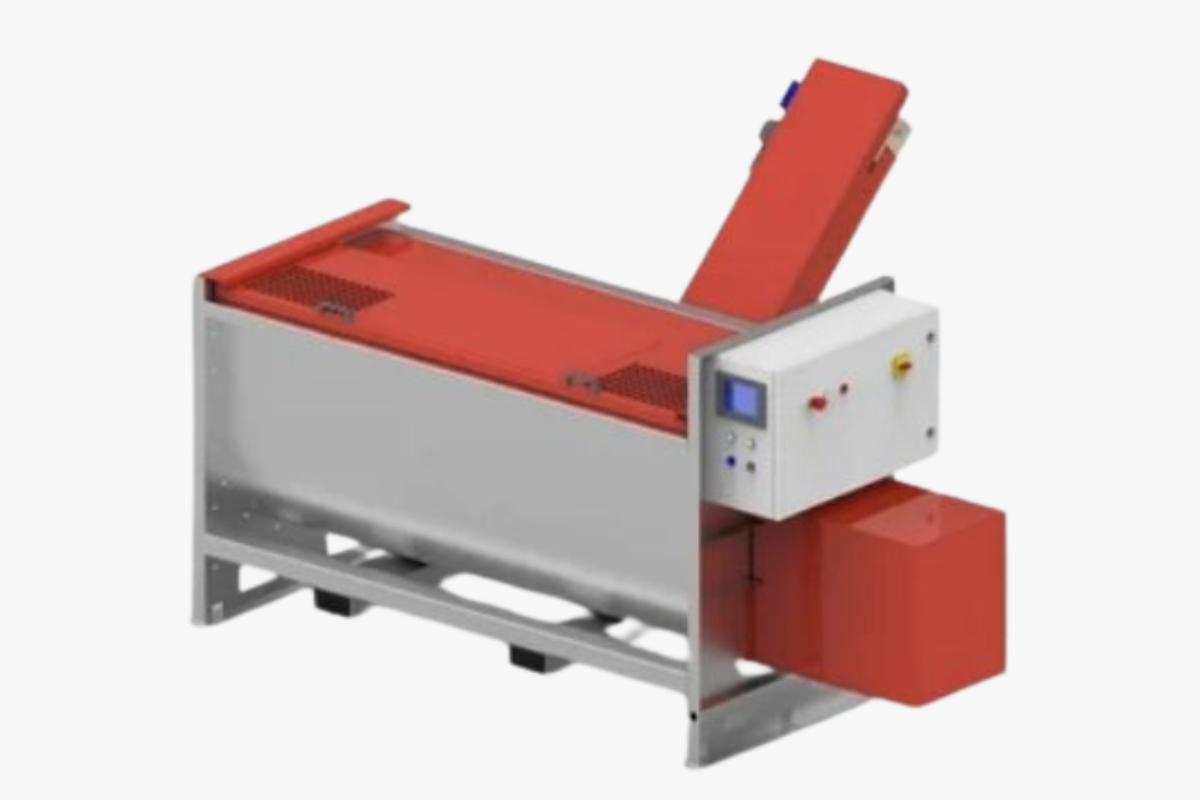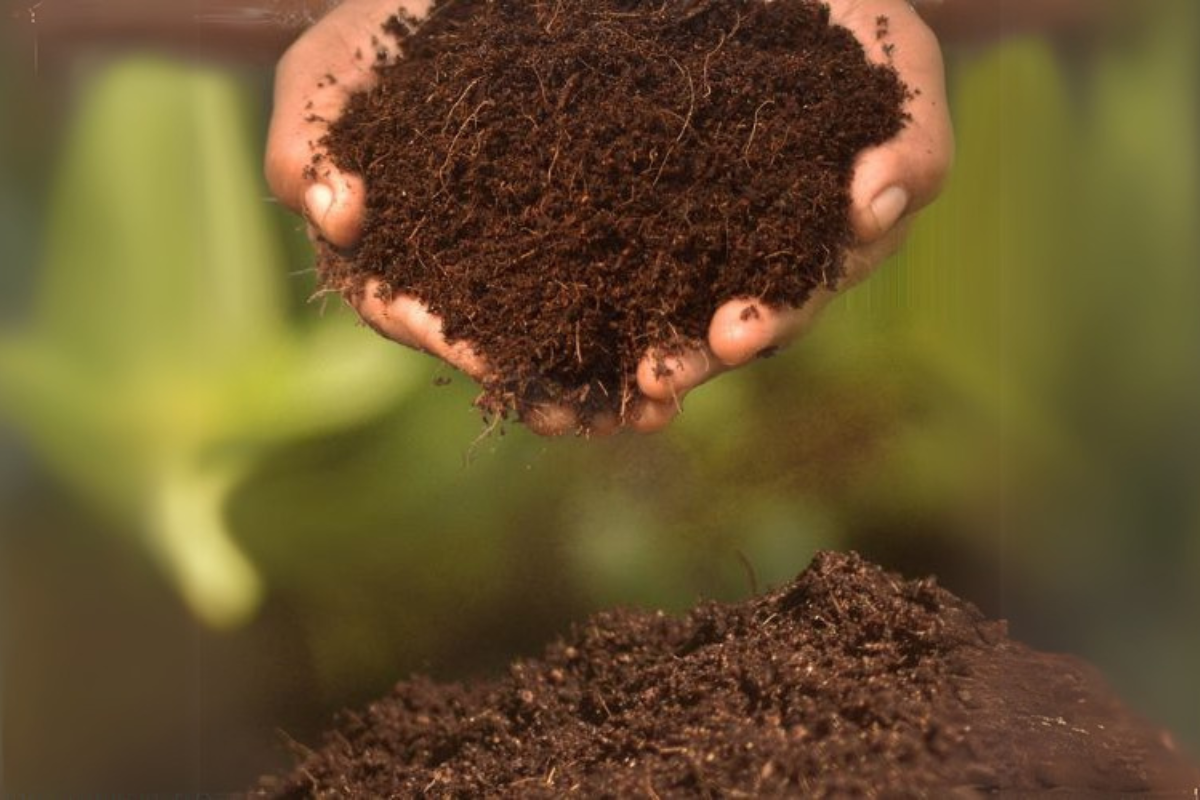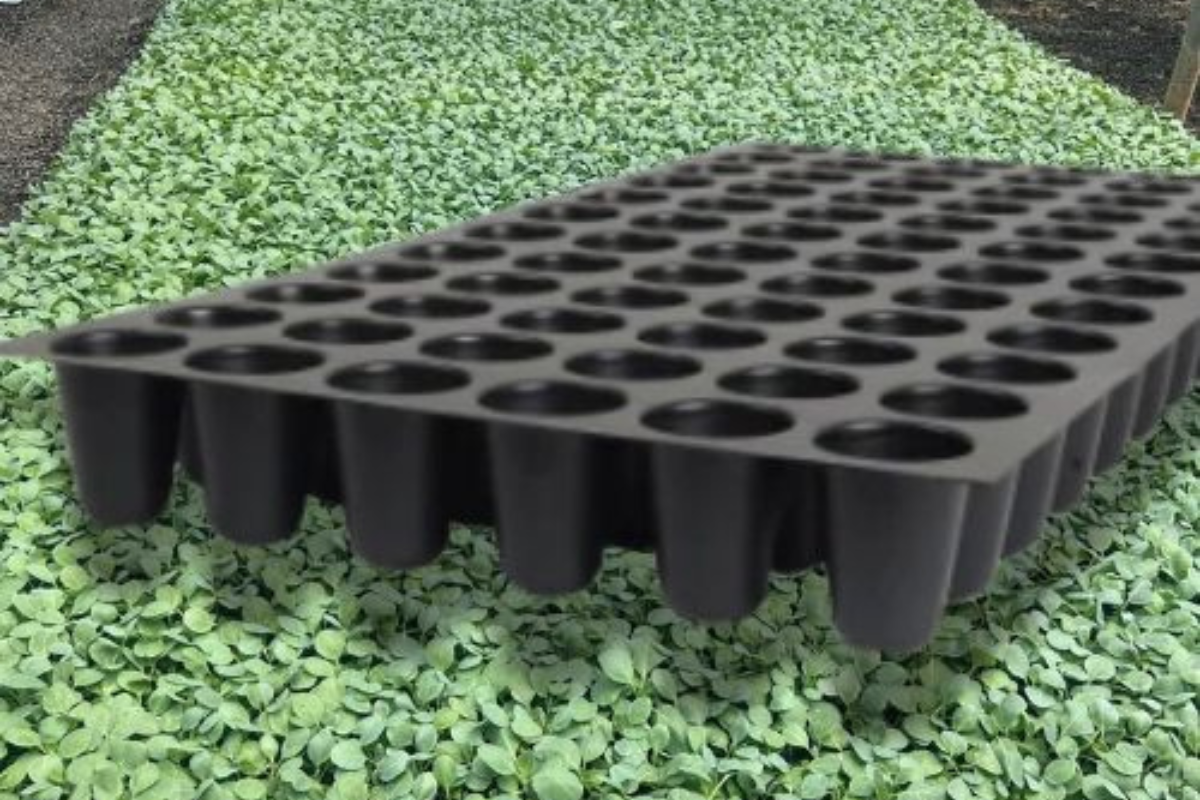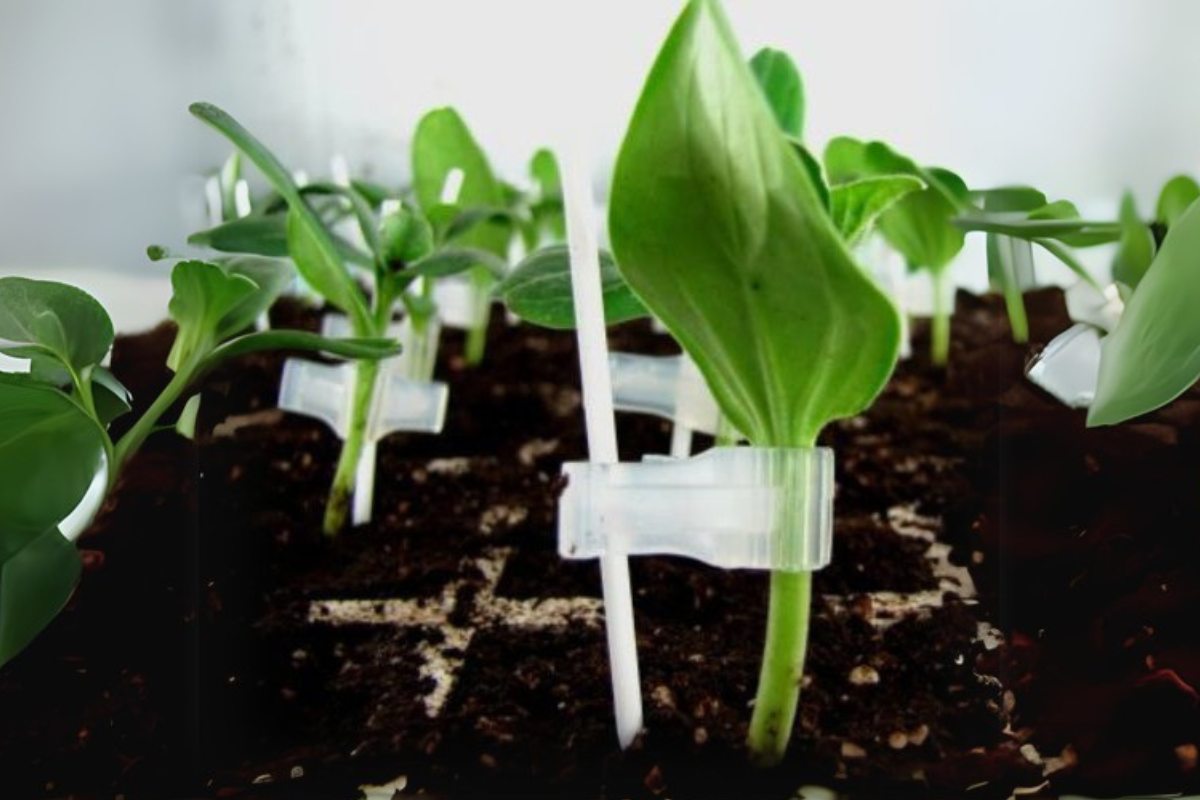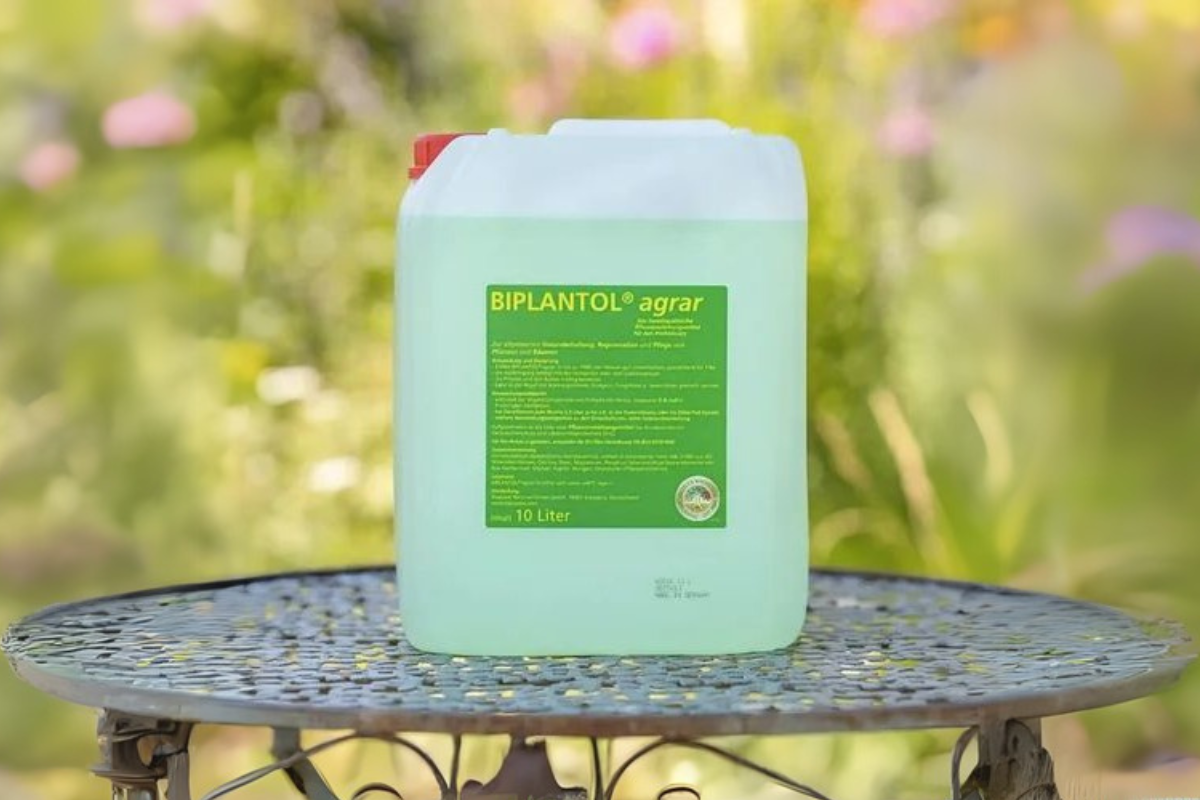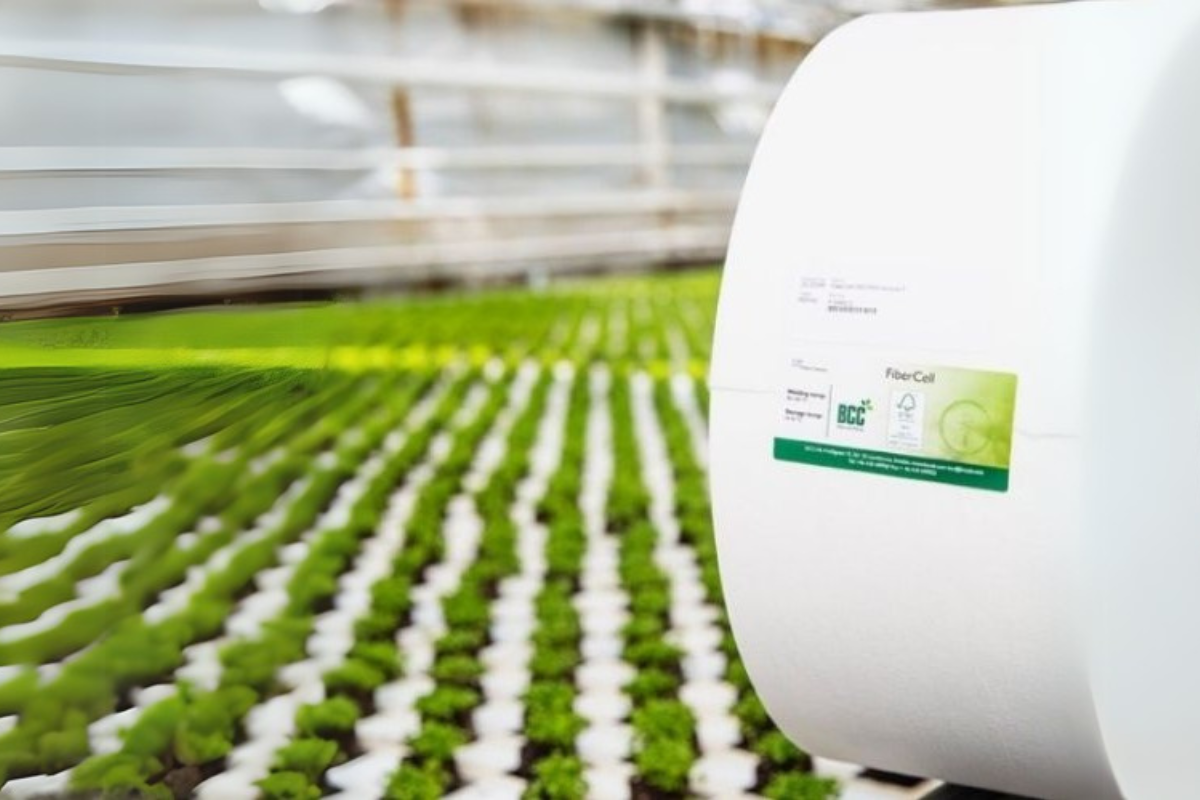Key Tips Before Starting Rooftop Garden
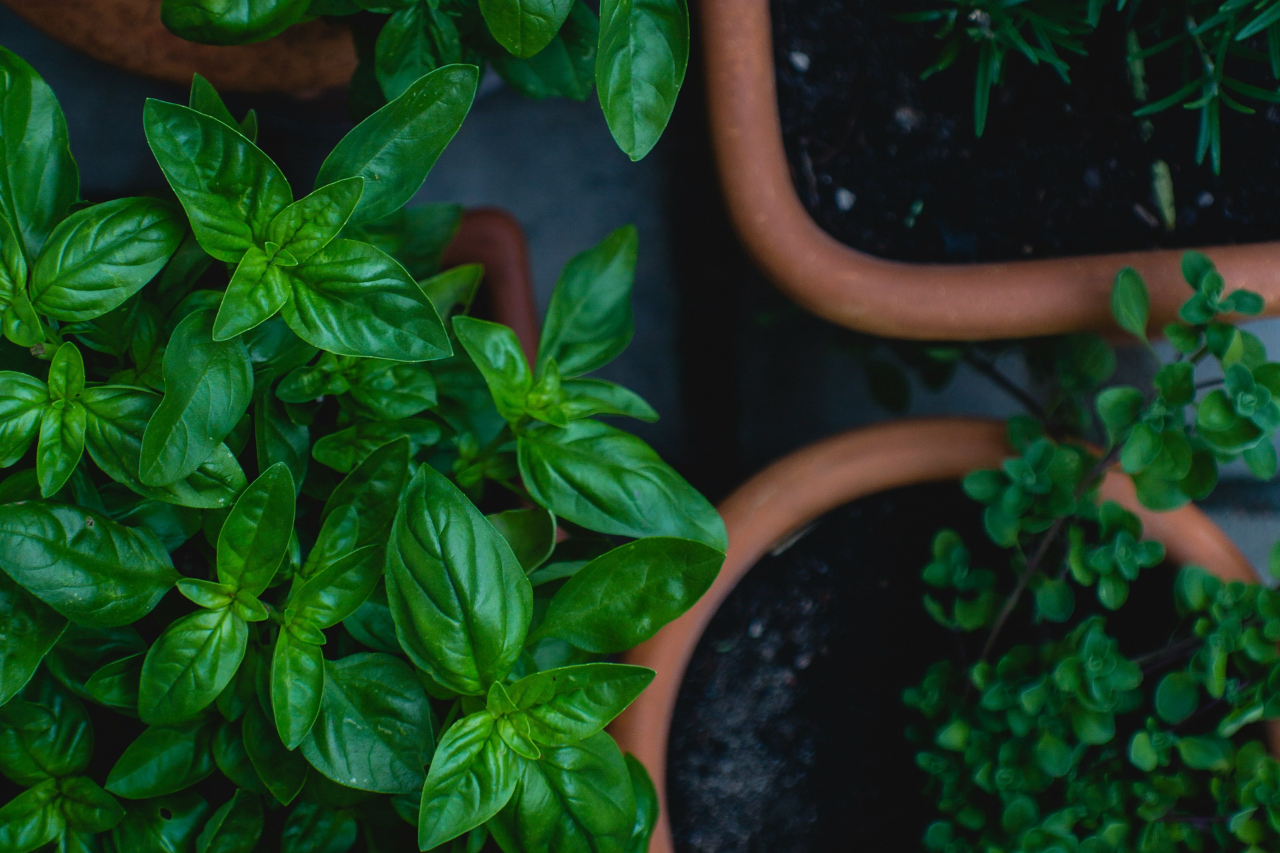
Rooftop and Balcony Gardens: Reclaiming Space in Urban Environments
As our cities grow in size and personal living spaces shrink, more people are turning to rooftop and balcony gardens to reclaim unused space and restore nature to our urban environments. Most dwellings have a balcony or a roof, making a rooftop garden a natural choice. Why? Because, in the absence of a typical backyard, a rooftop garden provides all the benefits of a regular garden, plus a beautiful view.
Creating a Balcony Garden vs. Rooftop Garden
Creating a balcony garden is a simple process that involves selecting the right plants and containers. Setting up a rooftop garden, however, is a more complicated operation requiring several crucial factors to be considered before starting.
Things to Consider Before Starting a Balcony or Rooftop Garden
1. Does Your Building Permit It?
If you live in an apartment, check the rules for your building. Some buildings prohibit plants on balconies due to concerns about weight and water leaks.
2. Can Your Balcony or Rooftop Support the Weight of Plants?
Before filling pots with soil, test the sturdiness of your space. Soil-filled pots can be heavy, so consider using lightweight fabric grow bags with soilless mixes to avoid overloading your balcony or rooftop.
3. How Will You Water Your Plants?
Carrying buckets of water can be cumbersome. Explore alternatives like drip irrigation or additional plumbing to make watering more convenient.
4. What Plants Are Ideal for Your Balcony or Terrace?
Consider what type of plants you want. Do you prefer flowering plants or small trees? Make sure to check the growing habits to ensure there’s enough room as the plants expand. Decide whether you want perennial plants or annuals for your balcony.
5. Are You Getting Enough Sunlight?
The amount of sunlight your balcony or roof receives is crucial for plant health. Many people overestimate the sunlight available, but most vegetables need at least 6 to 8 hours of sunlight per day for optimal growth.
6. How Hot Is Your Balcony or Roof?
Heat can be an issue for some plants. While certain exotic tropical plants thrive in the heat, others may wilt. Succulents, for instance, are an excellent choice for balconies that receive plenty of sunlight and summer heat.
7. What Size Is Your Space?
For small spaces, consider vertical gardening. Beginners can start with a few pots, and use wall space for hanging half-baskets, wall pockets, or trellises to maximize your area.
8. Would You Like to Grow Edibles?
Edible plants can be both beautiful and delicious. While you may not be able to grow enough food to meet all your needs, starting with a few plants like pole beans, lettuce, cherry tomatoes, and peppers can be a great way to begin.
9. Do You Have Time to Care for Your Plants?
Plants in containers require more frequent watering than those in the ground. Be prepared to pick vegetables when they are ripe and ensure you have enough time to devote to maintaining your garden.

